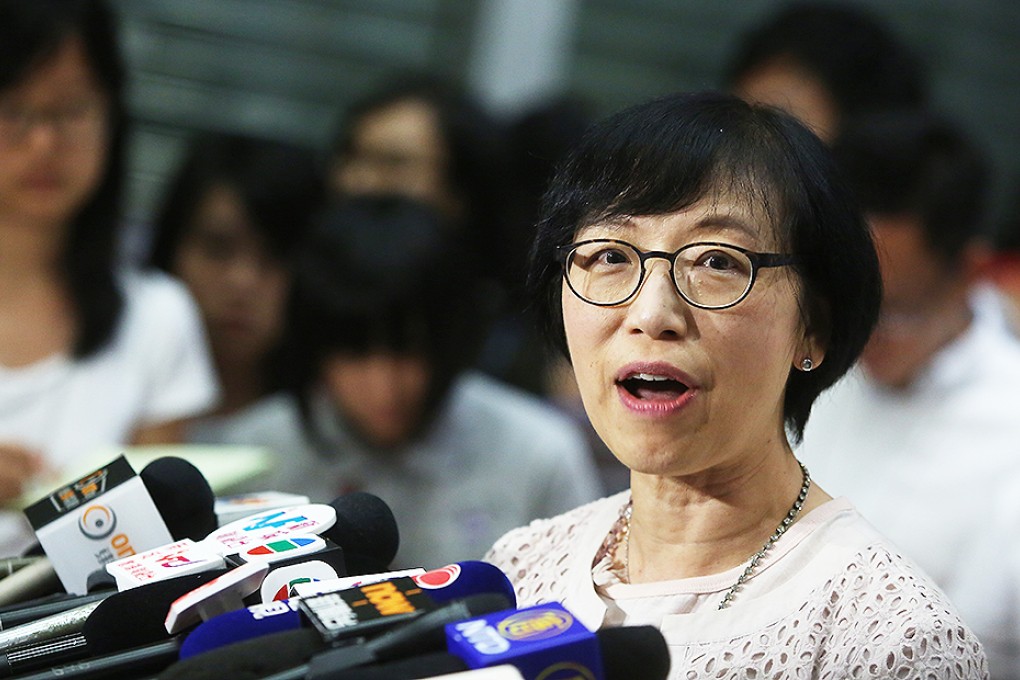New | McDonald’s misled Hong Kong food safety authority about rotten meat, says official
Fast food giant told Centre for Food Safety that it had imported food from Hebei plant of troubled Husi Food Company, not Shanghai plant at centre of scandal

Food safety authorities in Hong Kong say they were misled by McDonald’s during its investigation last week into whether rotten meat from a factory in Shanghai was sold to Hongkongers.
Dr Lee Siu-yuen, the assistant director of food surveillance and control at the Centre for Food Safety, said the government was told by the fast food giant last Tuesday that it had imported food from the Hebei plant, rather than the Shanghai plant, of Husi Food Company, the firm at the centre of the scandal.
Mainland authorities are investigating reports that rotten meat was reprocessed and repackaged with false expiry dates at the Shanghai plant.
Lee said govenment inspectors visited McDonald’s cold storage warehouse last Tuesday but found no expired food.

McDonald’s on Thursday night suspended sales of its popular chicken nuggets after admitting it had imported chicken and pork from the Shanghai plant.
Unlike the situation with raw meat, Lee said the importation of cooked meat does not require a permit.